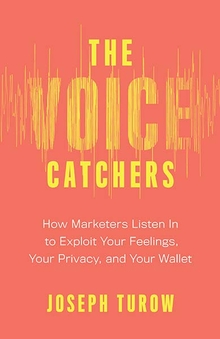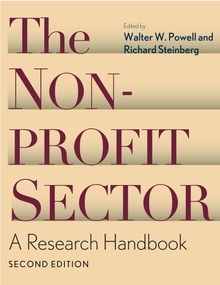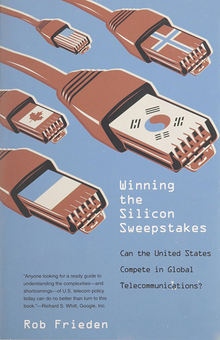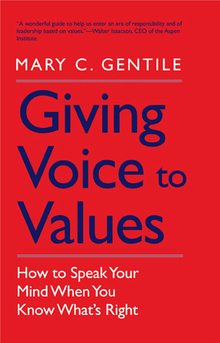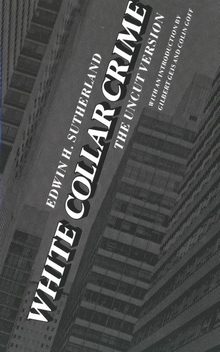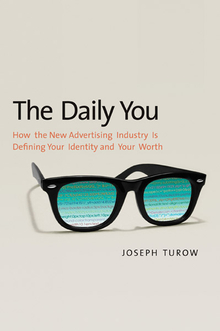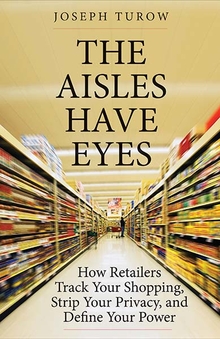The Voice Catchers
WARNING
You are viewing an older version of the Yalebooks website. Please visit out new website with more updated information and a better user experience: https://www.yalebooks.com
How Marketers Listen In to Exploit Your Feelings, Your Privacy, and Your Wallet
Joseph Turow
Your voice provides biometric data. How are marketers using it to manipulate you?
“[Dr. Turow ] is encouraging policymakers and the public to do something I wish we did more often: Be careful and considerate about how we use a powerful technology before it might be used for consequential decisions.”—Shira Ovide, New York Times
Only three decades ago, it was inconceivable that virtually entire populations would be carrying around wireless phones wherever they went, or that peoples’ exact locations could be tracked by those devices. We now take both for granted. Even just a decade ago the idea that individuals’ voices could be used to identify and draw inferences about them as they shopped or interacted with retailers seemed like something out of a science fiction novel. Yet a new business sector is emerging to do exactly that.
The first in-depth examination of the voice intelligence industry, The Voice Catchers exposes how artificial intelligence is enabling personalized marketing and discrimination through voice analysis. Amazon and Google have numerous patents pertaining to voice profiling, and even now their smart speakers are extracting and using voiceprints for identification and more. Customer service centers are already approaching every caller based on what they conclude a caller’s voice reveals about that person’s emotions, sentiments, and personality, often in real time. In fact, many scientists believe that a person’s weight, height, age, and race, not to mention any illnesses they may have, can also be identified from the sound of that individual’s voice. Ultimately, not just marketers, but also politicians and governments, may use voice profiling to infer personal characteristics for selfish interests and not for the benefit of a citizen or society as a whole.
Leading communications scholar Joseph Turow places the voice intelligence industry in historical perspective, explores its contemporary developments, and offers a clarion call for regulating this rising surveillance regime.
Joseph Turow is the Robert Lewis Shayon Professor of Communication at the University of Pennsylvania’s Annenberg School for Communication. He is the author of numerous books, including most recently The Aisles Have Eyes.
Publication Date: May 18, 2021

